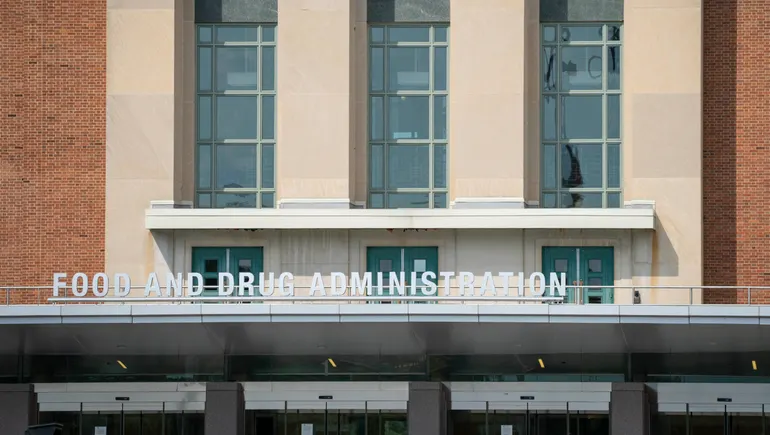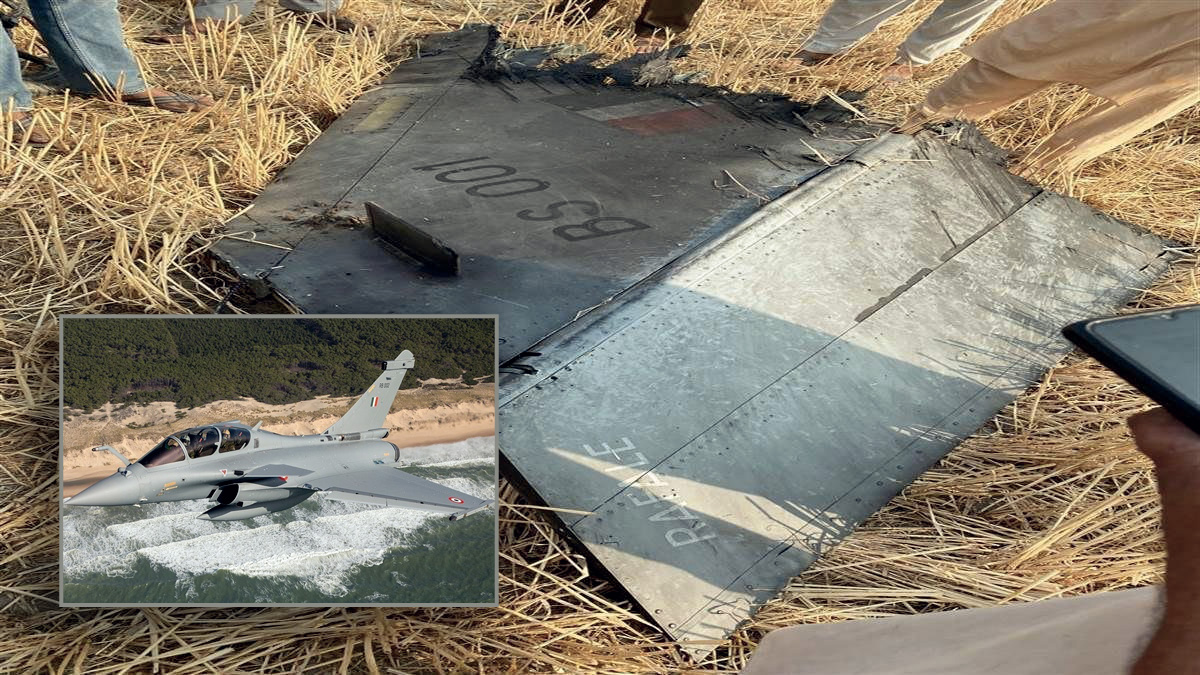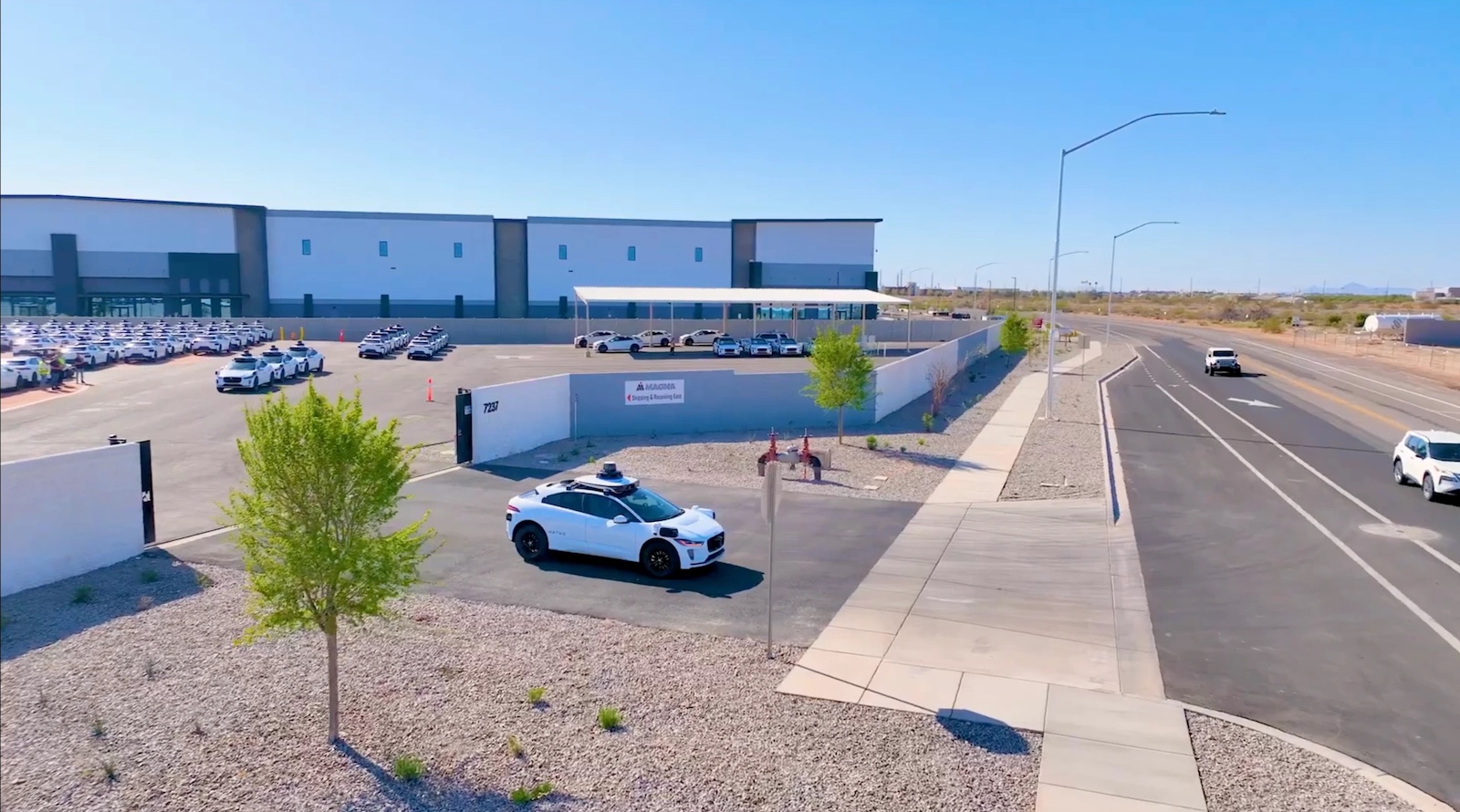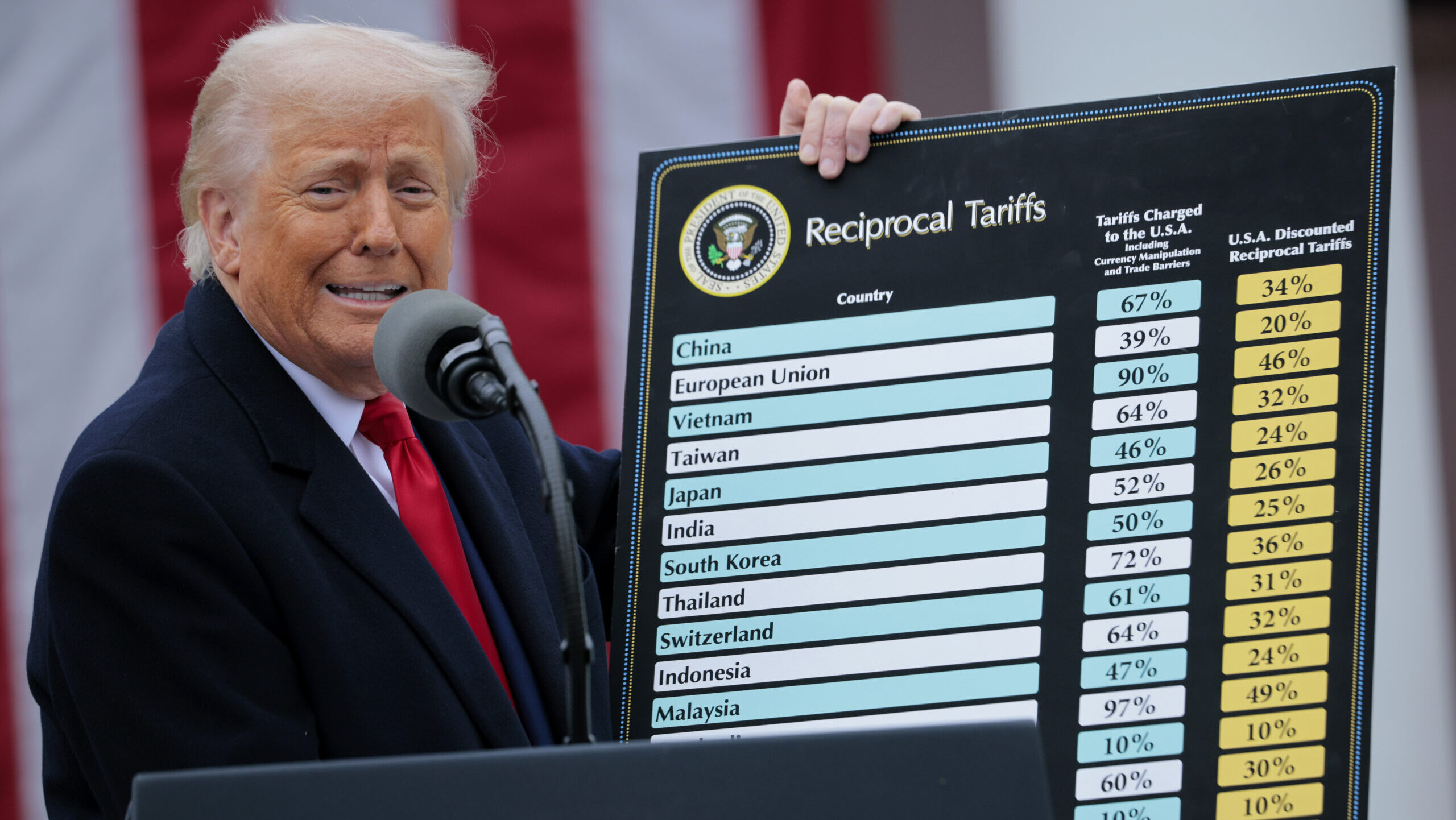Pentagon deploys offensive cyber ops to target criminal orgs, bolster southern border security
“We are actively working to disrupt these networks, intercept their communications and dismantle their digital infrastructure,” said Ashley Manning, the Defense Secretary’s chief cyber advisor.


Navy Commander Kevin Blenkhorn, a computer sciences professor at the U.S. Naval Academy, works with his Joint Services teammates during the U.S. Army’s ‘Cyber Center of Excellence’, Fort Gordon in Augusta, Georgia, hosted a multi-service ‘NetWar’ to show, and build, cyber Warrior capabilities Tuesday, June 10. (Georgia Army National Guard photo by Staff Sgt. Tracy J. Smith)
TECHNET CYBER 2025 — The Department of Defense is using offensive cyber capabilities to bolster security at the southern border and disrupt the “illicit” behavior of transnational criminal organizations, the Defense Secretary’s chief cyber advisor said today.
Ashley Manning said the DoD has seen an uptick in the use of cyberspace by transnational criminal organizations to conduct drug trafficking, human smuggling, money laundering and more. The DoD’s solution: Disrupt their networks.
“The Department of Defense remains steadfast in its commitment to protecting American interests at home and abroad,” Manning said during her keynote address here in Baltimore at the TechNet Cyber conference.
“We are actively working to disrupt these networks, intercept their communications and dismantle their digital infrastructure. By denying them to take haven in the digital realm, we can significantly degrade their ability to operate,” she noted. “Integrating cybersecurity and cyber operations into our broader strategy allows us to enhance our ability to protect our nation.”
Manning added that such disruption will cause the criminal organizations to be unable to facilitate their communications, financial systems and other logistical operations, so “proactively addressing” these networks will help to stop the illegal crossings as well as human and drug trafficking. However, she didn’t provide the details on exactly what such disruptions look like.
The use of offensive cyber operations marks how the Pentagon is including cyberspace in its broader efforts in its attempts to secure the southern border. Since the start of President Donald Trump’s second term, Defense Secretary Pete Hegseth has authorized troops from US Northern Command to conduct mobile ground-based monitoring to track suspected illegal activity using military tactical vehicles or foot patrols. Additionally, Hegseth announced yesterday at SOF Week in Tampa that US Special Operations Forces are actively supporting multi-agency efforts to secure the southern border.
As the DoD is using such capabilities at the southern border, it’s also doing the same with other adversaries, Manning said.
“We must also be vigilant about a range of threats posed by Russia, Iran, North Korea, violent extremists, criminal organizations and other non-state actors,” she said. “We’re developing a full spectrum of cyber capabilities, both offensive and defensive, and we are making it clear from our actions and words that we will be aggressive in meeting the threats head on.
“This posture of strength will contribute to this waiting adversaries when contemplating hostile actions to the digital realm and contribute to a more stable and secure cyberspace environment,” Manning said.





















































































































































